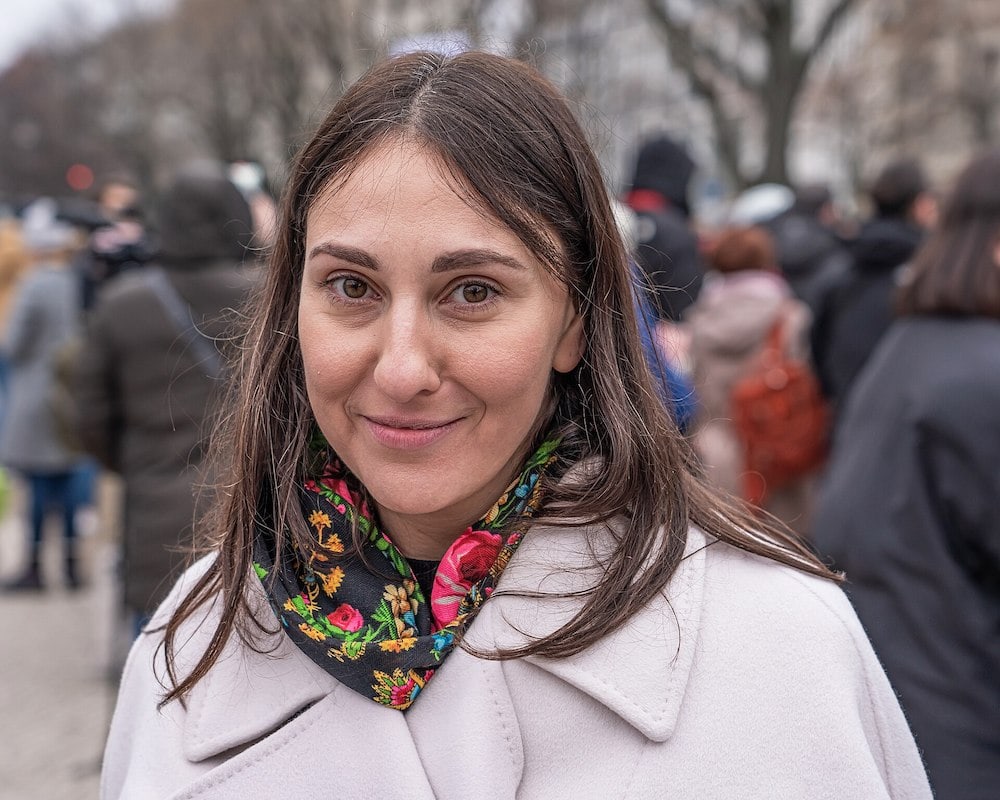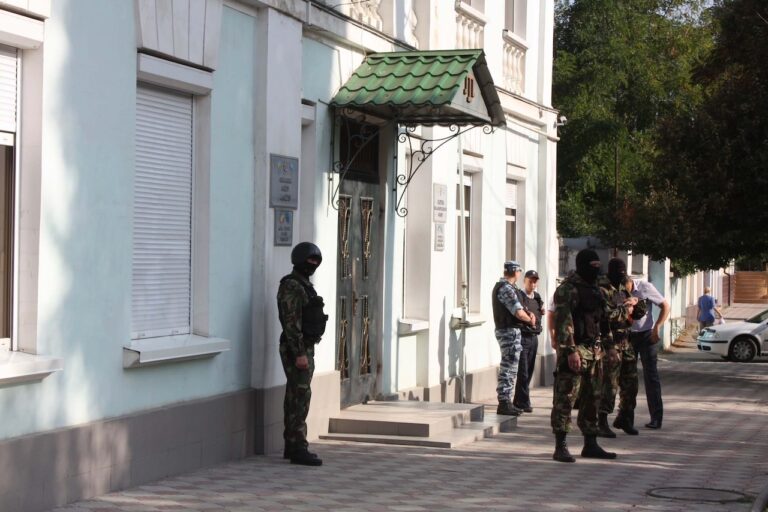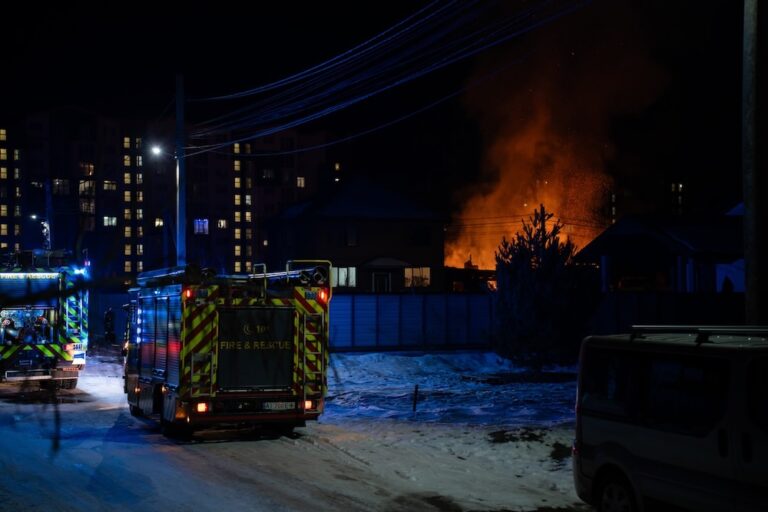“German and Georgian authorities should treat these allegations with the utmost seriousness and do all they can to safeguard the lives of journalists living in exile" - CPJ
This statement was originally published on cpj.org on 16 August 2023.
Both journalists were tested for toxins at Berlin’s Charité hospital. Blood tests taken from Kostyuchenko in late 2022 were inconclusive, according to The Insider. Babloyan’s blood samples were lost, and she never received results of any tests performed on them, The Insider reported. When CPJ called the press service of Charité hospital, the person who answered said they did not speak English and hung up.
German authorities have questioned both journalists in relation to their symptoms. Experts interviewed by The Insider said that Kostyuchenko’s symptoms “cannot be explained by anything other” than poisoning, and that Babloyan’s symptoms were “more likely” caused by poisoning than by any disease.
Kostyuchenko and Babloyan have each reported critically on Russian politics and the country’s full-scale invasion of Ukraine. The BBC, German public broadcaster Deutsche Welle, and the U.S. Congress-funded broadcaster RFE/RL reported on the journalists’ allegations and also noted that Russian authorities are accused of poisoning several Russian dissidents and critics, including those living abroad.
“Reports that Russian journalists Elena Kostyuchenko and Irina Babloyan may have been poisoned in Germany and Georgia are extremely alarming, and must be investigated at once,” said Carlos Martinez de la Serna, CPJ’s program director. “German and Georgian authorities should treat these allegations with the utmost seriousness and do all they can to safeguard the lives of journalists living in exile.”
In an account published by Meduza on Tuesday, and in an interview with Russian blogger Yury Dud published Wednesday, Kostyuchenko said she started feeling unwell on October 18, 2022, after a trip to Munich, where she had applied for a Ukrainian visa to cover the war for Meduza.
Her symptoms first appeared on the return train from Munich to Berlin, where she had moved after Russia’s full-scale invasion of Ukraine, and included severe headaches, weakness, shortness of breath, and nausea. Later, she experienced swelling in her face, fingers, and toes, and her palms and the soles of her feet turned red.
Medical tests run 10 days after her first symptoms showed abnormal amounts of liver enzymes and blood in her urine, The Insider reported.
Separately, Babloyan started to feel sick on October 25, 2022, in Tbilisi, Georgia, where she had moved a few weeks earlier. Her symptoms included severe weakness, dizziness, swelling, and redness on her palms and the soles of her feet, similar to Kostychenko’s.
Babloyan, who has since moved to Germany, told CPJ on Wednesday that she was feeling “still not very good, but much better” than when her symptoms first began.
Kostyuchenko reported her symptoms to German authorities, and police officers questioned her for about eight hours in early 2023, she told Dud. Police closed the investigation into Kostyuchenko’s case on May 2, citing a lack of evidence, but authorities said in July that they had reopened the case, Meduza reported.
Babloyan said that German police also questioned her for five hours in July. When officers asked whether there was a chance that someone could have poisoned her in Georgia, “I said yes,” she told CPJ, saying that her journalism would be the only possible explanation for such an attack.
Babloyan recently resubmitted blood samples for further analysis, according to The Insider and an interview the journalist gave with Russian blogger Aleksandr Plushev.
In March 2022, ahead of a reporting trip to the Ukrainian city of Mariupol, Kostyuchenko was warned by an unnamed colleague that Chechen units of the Russian Federal Guard had been instructed to kill her, according to The Insider and her account in Meduza.
One of Kostyuchenko’s sources in Ukrainian military intelligence told her on the same day that unidentified attackers were “in preparation” to kill a Novaya Gazeta journalist.
Since Novaya Gazeta was founded in 1993, at least six of its journalists and contributors have been murdered in connection to their work.
Kostyuchenko recently suspended her work as a staff journalist due to her lingering weakness, she wrote in Meduza.
CPJ called and emailed the Berlin police, and emailed the Georgian Ministry of Interior for comment, but did not receive any replies.



